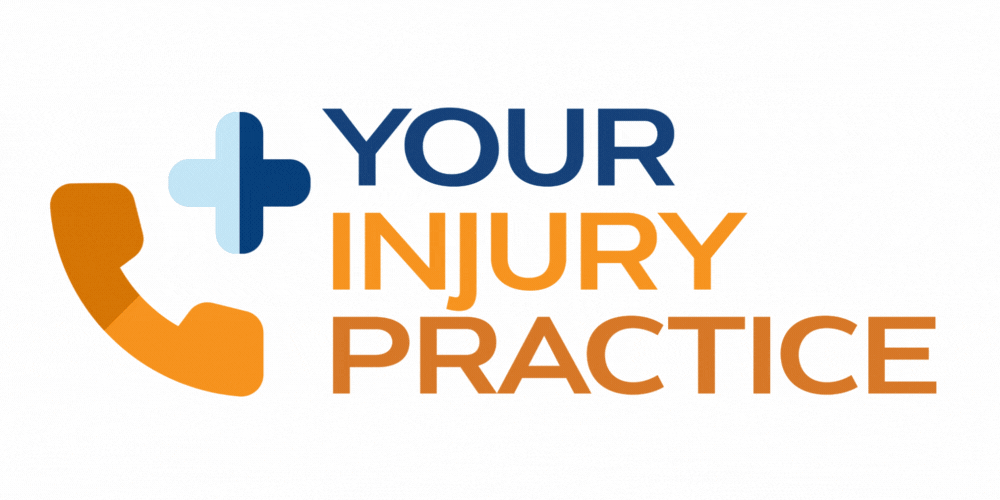Wound Care After a Car Accident
In the aftermath of a car accident, amidst the chaos and trauma, the journey to recovery often begins with addressing physical wounds. These wounds, ranging from minor cuts to severe lacerations, demand meticulous care to prevent complications and facilitate healing. This is where wound care specialists emerge as unsung heroes, playing a pivotal role in the rehabilitation process of car accident victims.
What Is Wound Care?
Wound care specialists, also known as wound care nurses or wound care clinicians, are healthcare professionals with specialized training in managing acute and chronic wounds. Their expertise extends beyond simply dressing wounds; they possess comprehensive knowledge of wound etiology, healing mechanisms, infection control, and advanced wound treatment modalities. When it comes to car accident victims, their skills are invaluable in addressing the diverse array of injuries sustained during such traumatic events.
What Does a Wound Care Specialist Do?
One of the primary responsibilities of a wound care specialist is to assess the extent and severity of injuries. Car accidents can result in a myriad of wounds, including abrasions, lacerations, puncture wounds, and even more complex injuries such as avulsions or crush injuries. Through meticulous examination and diagnostic techniques, wound care specialists can accurately diagnose the nature of each wound and devise personalized treatment plans tailored to the individual needs of the patient.
In addition to assessment, wound care specialists excel in wound management strategies aimed at promoting optimal healing outcomes. They are adept at wound cleansing, debridement (removal of dead tissue), and application of appropriate dressings to create an environment conducive to tissue regeneration. For car accident victims, timely and effective wound care is crucial in preventing infections, minimizing scarring, and restoring functionality to affected areas.
Moreover, wound care specialists are well-versed in the use of advanced wound care technologies and therapies. This may include the application of topical medications, negative pressure wound therapy (NPWT), bioengineered skin substitutes, or hyperbaric oxygen therapy (HBOT) in select cases. By staying abreast of the latest advancements in wound care, these specialists ensure that car accident victims receive state-of-the-art treatment modalities that enhance the pace and quality of healing.
Beyond the physical aspects of wound care, these specialists also play a vital role in addressing the psychological and emotional dimensions of recovery. Car accidents can leave lasting scars, both visible and invisible, that impact the mental well-being of survivors. Wound care specialists, with their compassionate approach and patient-centered care philosophy, provide not just medical treatment but also emotional support and reassurance throughout the healing journey.
Furthermore, collaboration is key in the multidisciplinary approach to car accident victim care. Wound care specialists work closely with other healthcare professionals such as trauma surgeons, orthopedic surgeons, physical therapists, and occupational therapists to ensure comprehensive and coordinated care. This collaborative effort maximizes the potential for recovery and promotes a holistic approach to rehabilitation.
Contact Us For Treatment Today
The role of wound care specialists in aiding car accident victims cannot be overstated. Their expertise, compassion, and commitment to excellence contribute significantly to the physical and emotional well-being of those navigating the aftermath of traumatic events. By delivering meticulous wound care, employing advanced treatment modalities, and offering unwavering support, these dedicated professionals serve as beacons of hope on the path to recovery for car accident victims.




